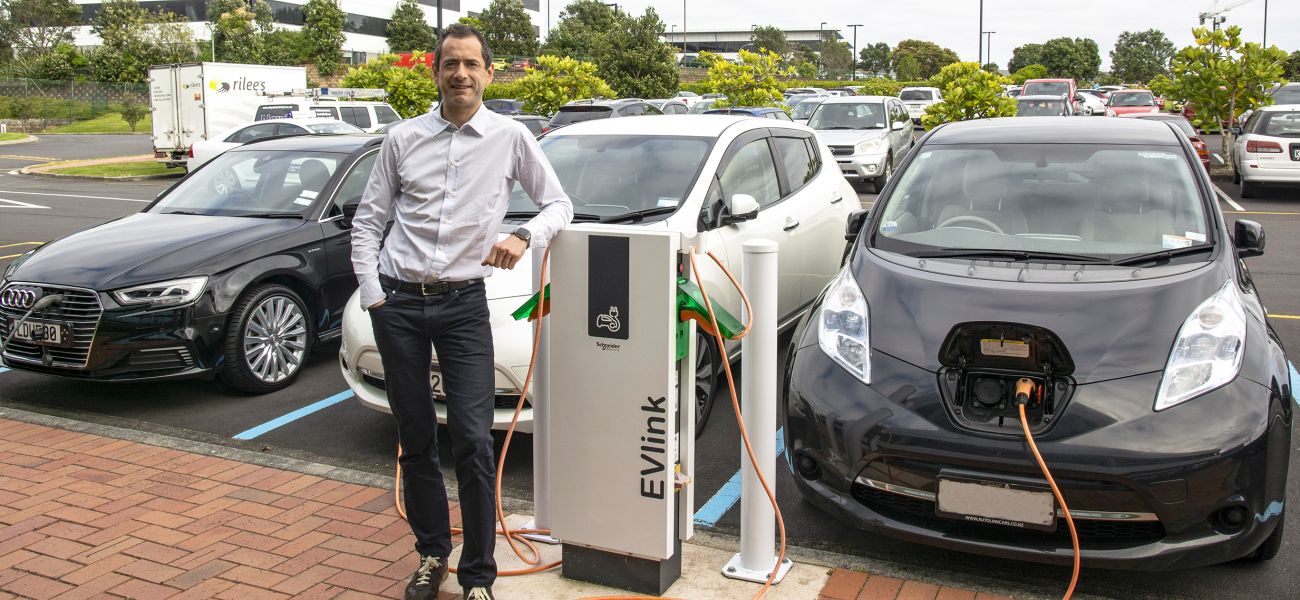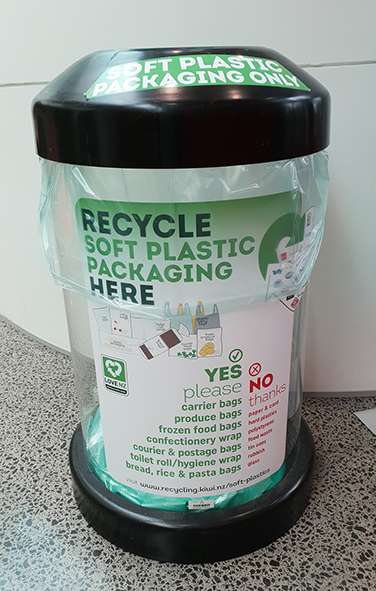
David Benattar joined The Warehouse Group two years ago as Chief Experience Officer and last month he was appointed the Group’s first Chief Sustainability Officer. He says he is excited to take on the new role as sustainability has always been one of his passions.
“I started my career in New York at Aveda, a Minneapolis based sustainability pioneer and world leader in natural beauty, and I never looked back. Five years later, I joined the non-profit Earth Pledge, with the mission to infuse sustainability into business. Over the next four years I worked with some of most forward-thinking business leaders worldwide. It was never about tree hugging, but about ethics, innovation, efficiency, and politics, all packed into the sustainability platform. Frankly at that time it was an incredible opportunity to do what seemed to me to be both new and meaningful, working on the reinvention of food, waste and building systems, using better design, materials, and chemistry. Learning how to build a larger view than just quarterly results.
Move forward 15 years and I’m delighted The Warehouse Group has asked me to lead the next generation of citizenship and sustainability programs for the organisation.”
David says the challenge is balancing the triple bottom line – people, planet and profit.
“How do you balance them out and achieve a better outcome? It starts by understanding and measuring the non-financial value drivers and incorporating them in your decision making, he says.
"At The Warehouse Group, sustainability is everywhere, ready to be picked, nourished, matured. It’s in our DNA."
The Group has a legacy and a strong track record in sustainability - especially in the social and community aspect - but the challenge is to keep evolving our practice, how to create the next generation of sustainability programs, integrating technologies and design thinking to benefit New Zealand society, environment and economy, he says.
“For example, how do we create products that are beautiful, affordable and also have the best potential environmental performance? It’s a group-wide challenge - it involves sourcing, design and creative team members that constantly thrive to create better products, ethically sourced, generating less waste, using better materials, less packaging, and delivering more value for our customers.”
David acknowledges there are opportunities for companies to develop sustainable practices in every aspect of their operations.
“Carbon emissions are a big topic for us and they will only go up in importance, as we take immediate action, for example by transitioning our car fleet to Electricity Vehicles and offering charging stations to our customers. That’s just one example of how our customer experience and sustainability leadership meet. There are numerous other examples, from phasing out single use plastic bags from our stores to the disposing of waste. There are always incentives to reduce and recycle from our supply chains and operations, and engage customers in our practice, especially the younger generation who are more and more voting with their wallet. We now know that companies that have a sustainability lens on their performance outperform the others over a wide range of metrics - customer loyalty, brand sentiment, employee and stakeholder engagement.”
Looking forward, David says the Group aims to build sustainability into every level of the business. “Naming a CSO is a real message to the market and the industry, one that only leading organizations worldwide have initiated, and states our stance on this vital aspect of our business. It is a timely opportunity for our 12,000 team members strong organization to keep showing that we’re here for good.”
The Warehouse Group already has a number of waste and recycling policies underway
Full details are available in our 2018 Annual report here
- We are part of a soft plastics recycling scheme, with recycling bins at 47 The Warehouse stores across New Zealand.

- To July 2018, we have collected over 72 tonnes of material, which translates into 36 million pieces of plastic.
- Since 2009, The Warehouse has reduced the number of plastic checkout bags substantially and donated close to $4.5m to support charities and community groups from the sale of plastic bags. Environmental Capital Our environment.
- We recycle polystyrene in our Noel Leeming Auckland stores. We have onsite polystyrene recycling equipment that compacts polystyrene by 90%; it is then transported internationally and made into art frames.
- Since February 2018, we have compacted over 7,500 cubic metres of polystyrene, or enough to fill three Olympic-sized swimming pools.
- We want to give our customers peace of mind that the products they buy are sourced in environmentally sustainable ways. In 2015 we introduced a Wood Product Sourcing policy to ensure that wood products were not linked to deforestation.
- In 2016, we committed to stocking products containing palm oil from a certified sustainable source,
- In 2017 we banned micro plastics.
- We are currently working on reducing single-use plastics and plastic in our packaging, while balancing the need to protect products from damage during shipping. Where possible, we use recycled materials or recyclable materials.
- Next year, we will introduce a packaging team, tasked with improving the sustainability and efficiency of our home-brand product packaging.



